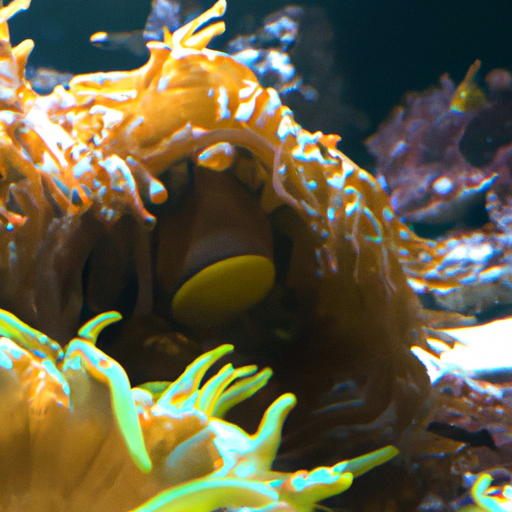-
Table of Contents
Why is learning about marine life important?

Marine life, which refers to the plants, animals, and other organisms that live in the ocean, plays a crucial role in maintaining the balance of our planet’s ecosystem. Understanding and learning about marine life is not only fascinating but also essential for several reasons.
Marine Life Education
Marine life education is vital as it helps us gain knowledge about the diverse range of species that inhabit our oceans. By learning about marine life, we can develop a deeper appreciation for the incredible biodiversity that exists beneath the surface of the water. This knowledge can inspire individuals to become more environmentally conscious and take actions to protect marine ecosystems.
Furthermore, marine life education can also lead to career opportunities in fields such as marine biology, oceanography, and conservation. By studying marine life, individuals can contribute to scientific research and conservation efforts, ultimately helping to preserve these fragile ecosystems for future generations.
Oceanic Ecosystem Study Importance
The study of oceanic ecosystems is of utmost importance as it provides valuable insights into the functioning of our planet. Oceans cover more than 70% of the Earth’s surface and are home to a vast array of species, many of which are yet to be discovered. By studying marine life, scientists can better understand the intricate relationships between different organisms and their environment.
Understanding oceanic ecosystems is crucial for predicting and mitigating the impacts of climate change. The oceans act as a sink for carbon dioxide, helping to regulate the Earth’s climate. By studying marine life, scientists can assess the health of these ecosystems and identify potential threats, such as pollution and overfishing, which can disrupt the delicate balance of marine ecosystems.
Sea Creatures Learning Relevance
Learning about sea creatures is not only fascinating but also relevant to our daily lives. Many marine organisms provide essential resources and services that directly impact human well-being. For example, fish and shellfish are a significant source of protein for millions of people worldwide. By understanding the life cycles and habitats of these species, we can ensure sustainable fishing practices and protect the livelihoods of coastal communities.
In addition to their economic importance, sea creatures also contribute to medical advancements. Many marine organisms produce unique compounds that have the potential to be used in the development of new drugs and treatments. By studying marine life, scientists can unlock the secrets of these organisms and harness their potential for the benefit of human health.
Conclusion
Learning about marine life is not only important but also fascinating. It allows us to gain a deeper understanding of the intricate ecosystems that exist beneath the ocean’s surface. Marine life education, the study of oceanic ecosystems, and learning about sea creatures all contribute to our knowledge of the natural world and help us make informed decisions to protect and preserve these fragile ecosystems. By valuing and investing in marine life education, we can ensure a sustainable future for our planet and all its inhabitants.